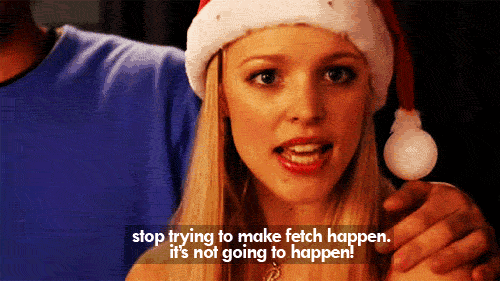 |
| Photo by Jaco Pretorius. |
We've had a few new phrases enter our lexicon since COVID became a thing: social isolation, social distancing (or their superior counterparts, physical distancing and physical isolation), and self-monitoring, went from being terms I had never heard to terms I use on the daily.
Here are a couple more terms that you may have heard bopping around: cohort families and isolation cells.
Isolation cells/cohort families are people in two households who agree to follow the same isolation protocols from the rest of the world so that they can freely spend time together. It's mostly floated as a way to keep families with children sane by giving them a friend to play with on the regular. But I think it's IDEAL for folks like me who live on our own.
I don't know about anyone else who lives on their own and is extremely extroverted, but I had a pretty dark moment when I realized that I may not be able to spend time IN PERSON with someone else for at least... what? Weeks? Months? WHO KNOWS. So far I have been doing okay with copious video calls, but when I clocked that I didn't know when my next hug would come, my soul wept.
In desperation, I started floating the idea of moving in with a couple of pals who also live alone, but we all live in one-bedroom apartments, so that would be an EXTREME solution that may lead to other health risks, like killing each other. Far less extreme? Forming a cohort family.
I did a little research on it, and LET ME TELL YOU - it was hard to find concrete information about this. It turns out that the phrases "cohort families" and "isolation cells" feature heavily in scientific papers (that aren't about how to create a cohort family in the face of a global pandemic) and very disturbing articles about punishments doled out in prison.
But! I did dig up some direct advice! Mostly in the wake of Alberta's health officer Dr. Hinshaw's recommendation that people form cohort families and a few articles that ensued.
I beg of you, reap the rewards of my obsessive googling:
WHAT IS A COHORT FAMILY/ISOLATION CELL?
It is when two households isolate themselves from everyone but each other while still living in their separate homes. Everyone agrees to follow the same isolation and hygiene procedures and then is free to spend time with one another.
In grown-up terms, one person on Twitter likened it to being in a "fluid-bonded" relationship.
Interestingly, that did make me realize that for people who live alone, a cohort family could potentially include 3-4 households, not just two. To draw out this icky-sounding fluid-bonding metaphor, it would be like being in a thruple or couples that swap, but exclusively in their small circle.
It means is that you have to trust more people to be truly exclusive and safe in your group-relationship, and doing this with COVID probably requires a similar level of trust as doing this in ongoing sex-having relationships. (Maybe slightly more, because it's a lot easier to accidentally "cheat" at social isolation than sex. I hope.)
WHO SHOULD NOT BE IN A COHORT FAMILY?
Anyone whose household includes people with immunity issues, seniors, or anyone who has any symptoms. Also, anyone who has travelled or comes into contact with travellers.
I also expect it's not a great idea with someone who has a "front lines" job, like being a cashier or a hospital worker.
WHAT ARE THE RULES?
Being in a cohort family doesn't mean that you NEVER leave the house except to see each other. You can follow normal isolation procedures (not gathering with anyone else, maintaining safe distance while shopping for essentials or going for walks, etc.). That's where the TRUST comes in.
One example I found suggested an additional "outing approval" rule, where the cohort had the right to approve any outings, thus creating an additional layer of communication and safety. Seems like a good idea!
Then, once you've established all the rules, you go forth and treat your cohort's home as an extension of your own! (But maybe call before coming over.)
So. We need to make this a thing. A BIG thing. LET'S MAKE THIS HAPPEN!
(Unlike fetch, which didn't happen.)
Sign up for my email newsletter for a bi-weekly digest and bonus content!


No comments:
Post a Comment